Articles
This section lists articles by project experts and other contributors on the subject of anti-religious hate speech.

France’s ‘Mila Affair’ Sparks Divided Debate On Blasphemy Laws And Freedom Of Expression
It is possible to call for Mila’s protection and advocate for punishment against cyber harassment while also acknowledging a growing islamophobic movement in France because it is clear that the two stem from the same issues.

The Anti-Spiegel – Russian Propaganda and Conspiracy Myths
“Anti-Spiegel.ru” rejects the news coverage by established investigative media sources, presenting itself as an alternative source of information. To spread its message, the chief editor of this one-man operation, Thomas Röper, leans on pro-Russian war propaganda and content that supports conspiracy ideologies.

European Media’s Double Standards on Refugees and Conflict
The Russian invasion of Ukraine and the large number of refugees fleeing violence has led to significant displays of European solidarity, with governments following a more open border policy and welcoming those who flee, and citizens offering spaces for those who have nowhere to live. However, the conflict has also exposed the European Union’s double standards when it comes to welcoming refugees.
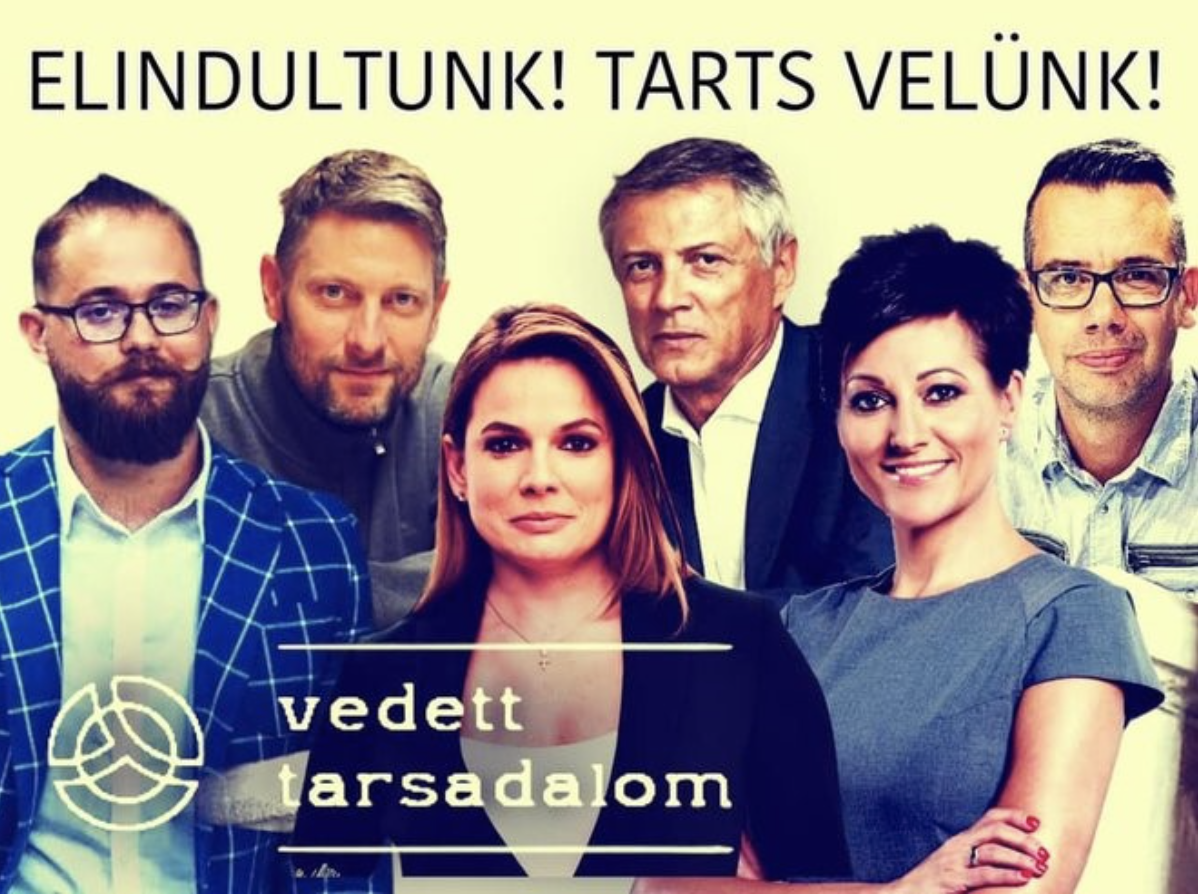
The Defender of “Normality”
A new organisation has appeared on the right wing in Hungary, recruited from well-known figures in the Fidesz media and fawning to the radicals. Its goal is to protect normality against the forces of globalisation.
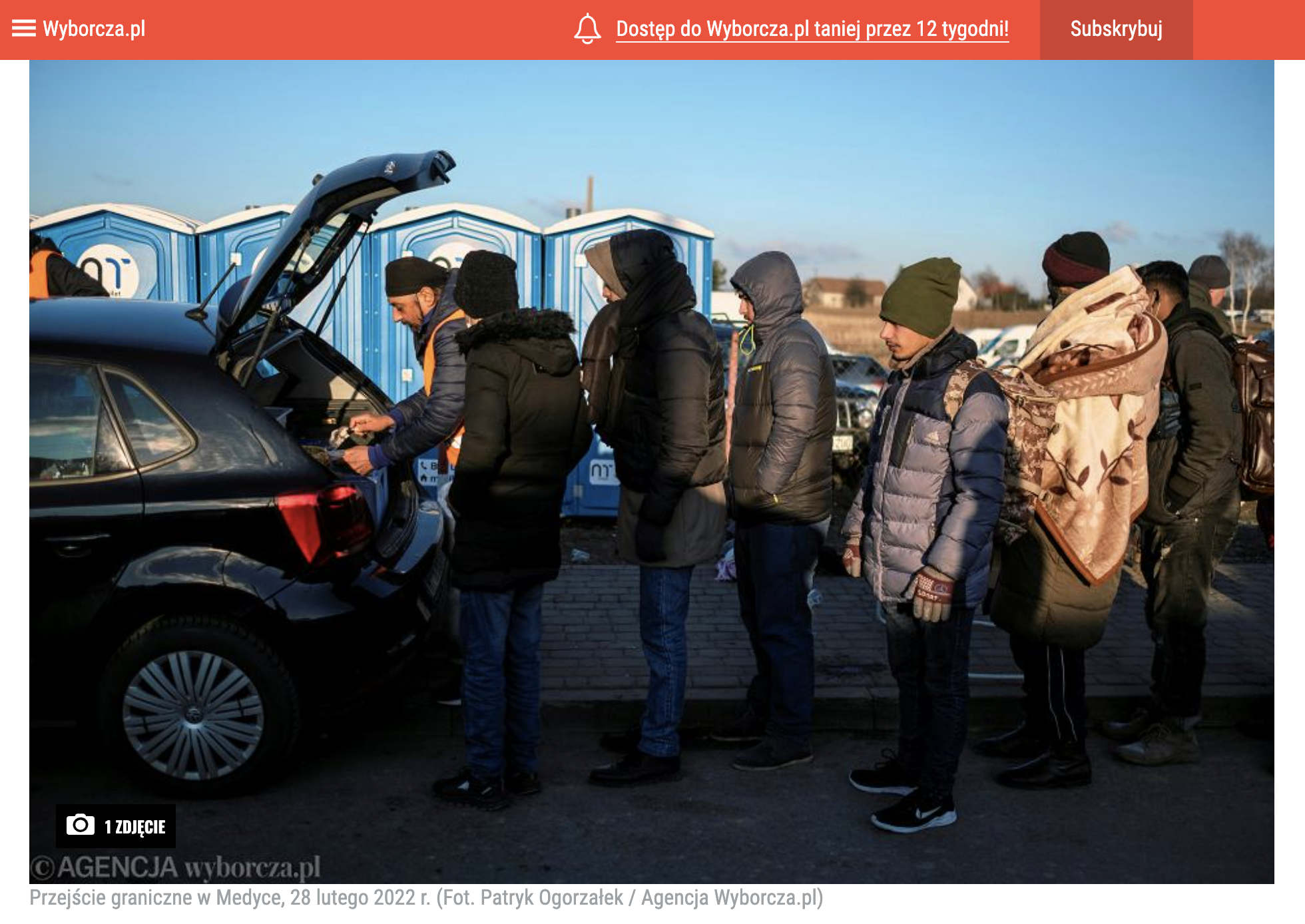
Who Deserves Shelter? (A Polemic by Dawid Warszawski)
Gazeta Wyborcza, a Polish liberal daily, has achieved a surprising success: it is being praised and quoted by right-wing websites. Well, maybe not the entire publication, but definitely the article by Rafał Bolanowski ‘Few Ukrainians at the Border Crossing in Medyka, Poland. Many from Cameroon, Pakistan, almost all males’, which has made headlines on the right-wing sphere of the Internet.
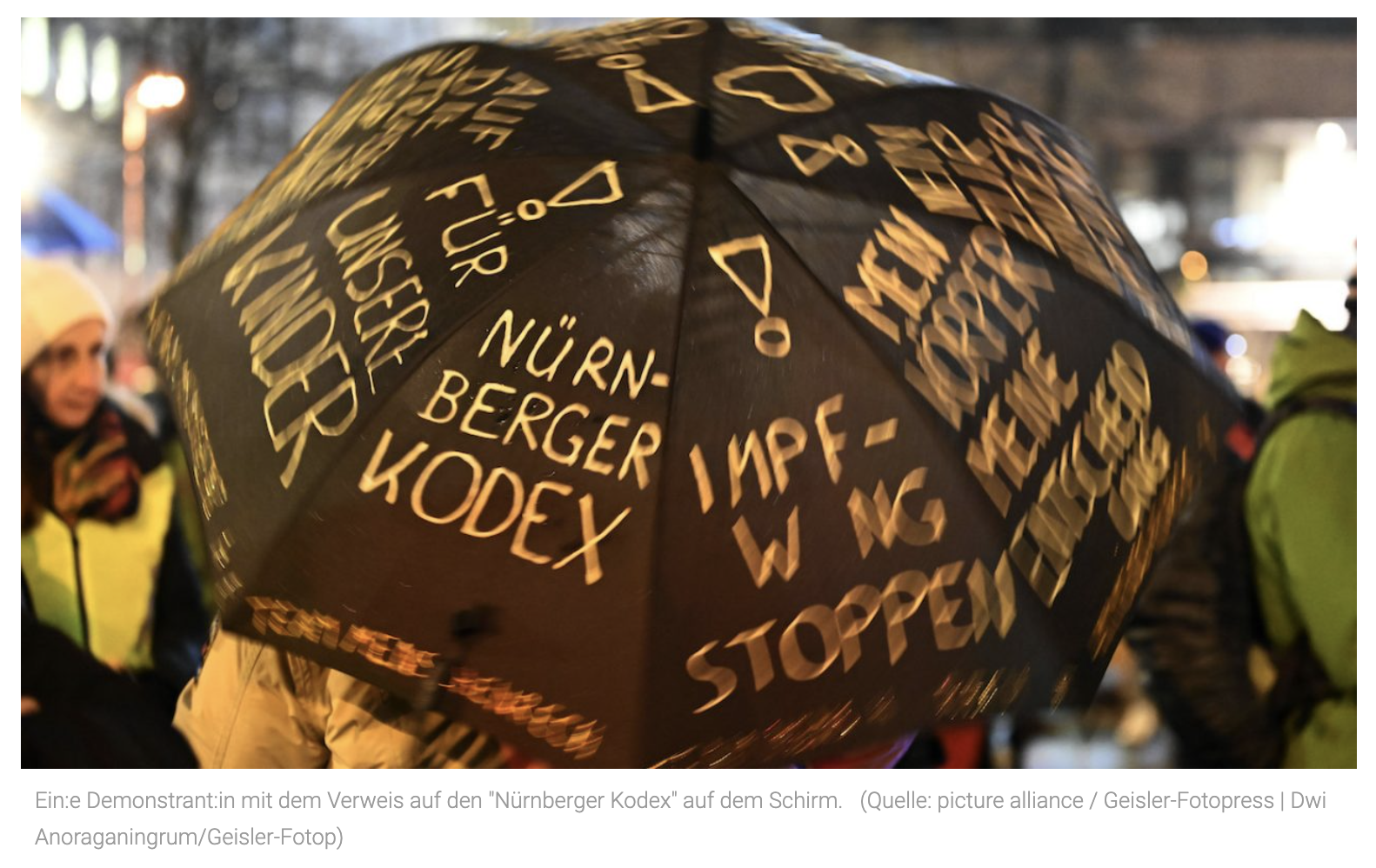
Nazi relativisation: What is the story behind Nuremberg 2.0 and the Nuremberg Code?
Coronavirus deniers and opponents to the vaccine claim that politicians are violating the Nuremberg Code through the introduction of vaccines and measures to curtail the pandemic. They are now calling for a “Nuremberg 2.0”. What do they mean by this and how are they trivialising Nazi crimes in the process?
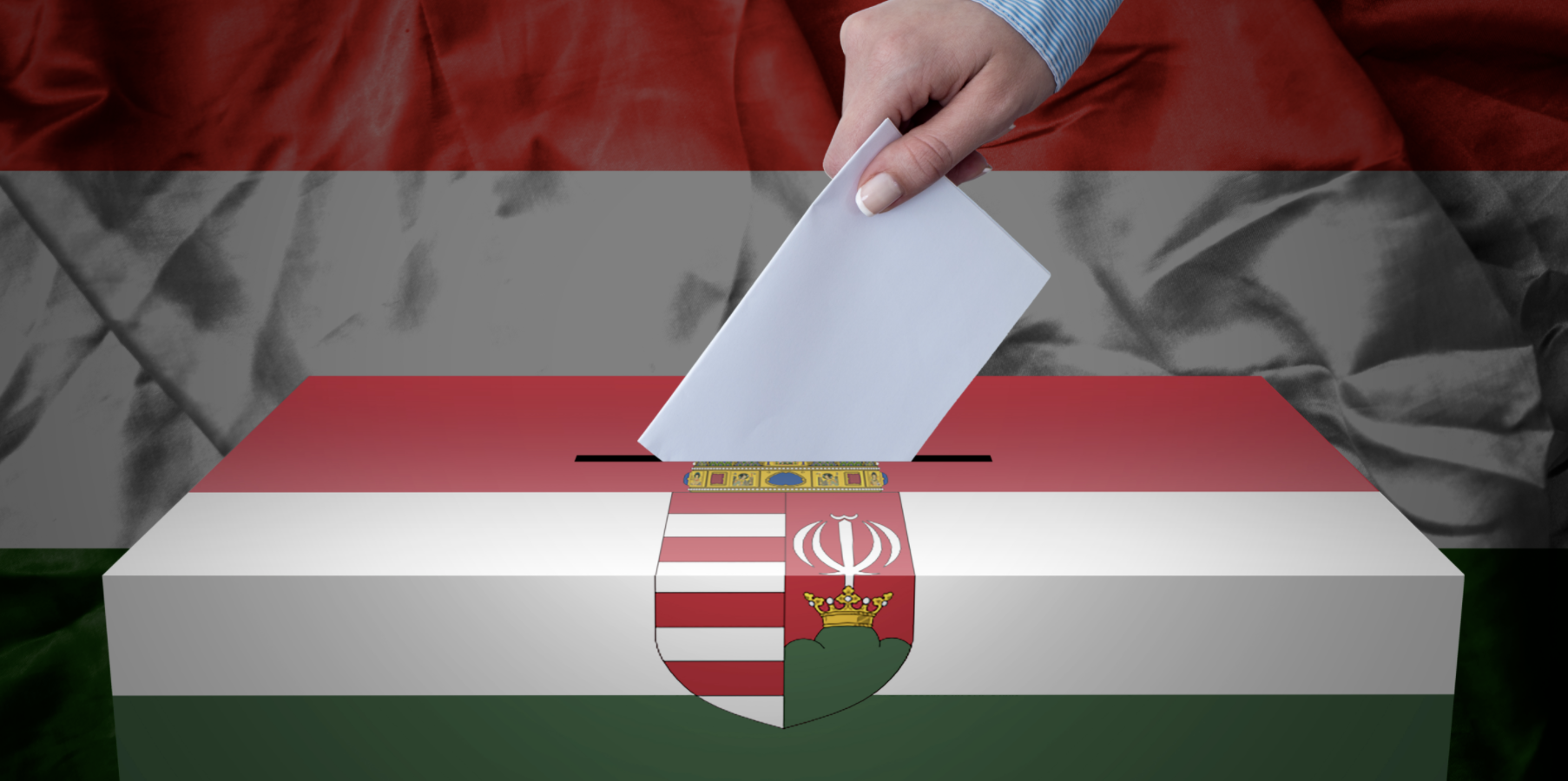
Surviving the Campaign: The struggle to combat hate speech and polarisation during the Hungarian elections
Hate goes hand in hand with polarisation. This is nothing new: it was made obvious by Donald Trump’s election campaign and governance, how enmity can be created between certain social groups, and how this can lead to long-term fracturing of society. It is widely believed that Trump was influenced by the illiberal concept of Hungarian prime minister Viktor Orbán. An electoral campaign is currently in full swing in Orbán’s homeland. Let us see how the illiberal state has been inciting hate to achieve political ends.
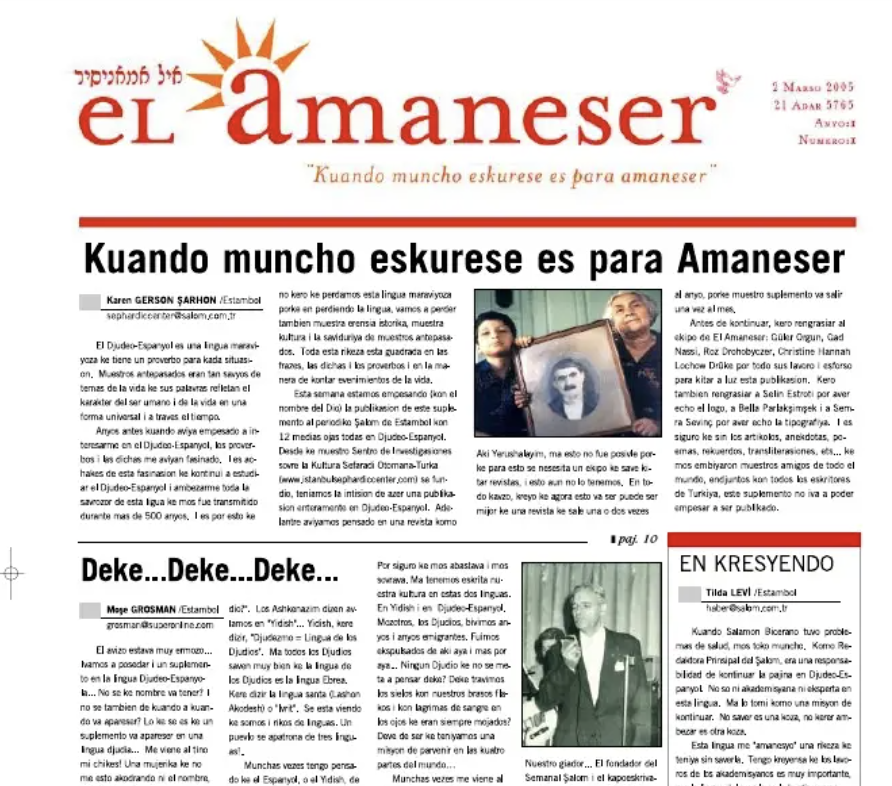
Newspaper Brings Hope For Dying Language of Sephardic Jewish Community in Turkey
Ladino, also known as Judeo-Spanish, is a minority language mostly spoken by Sephardic Jews. El Amaneser is the only newspaper in the world written entirely in Ladino and its purpose is to keep the language alive.
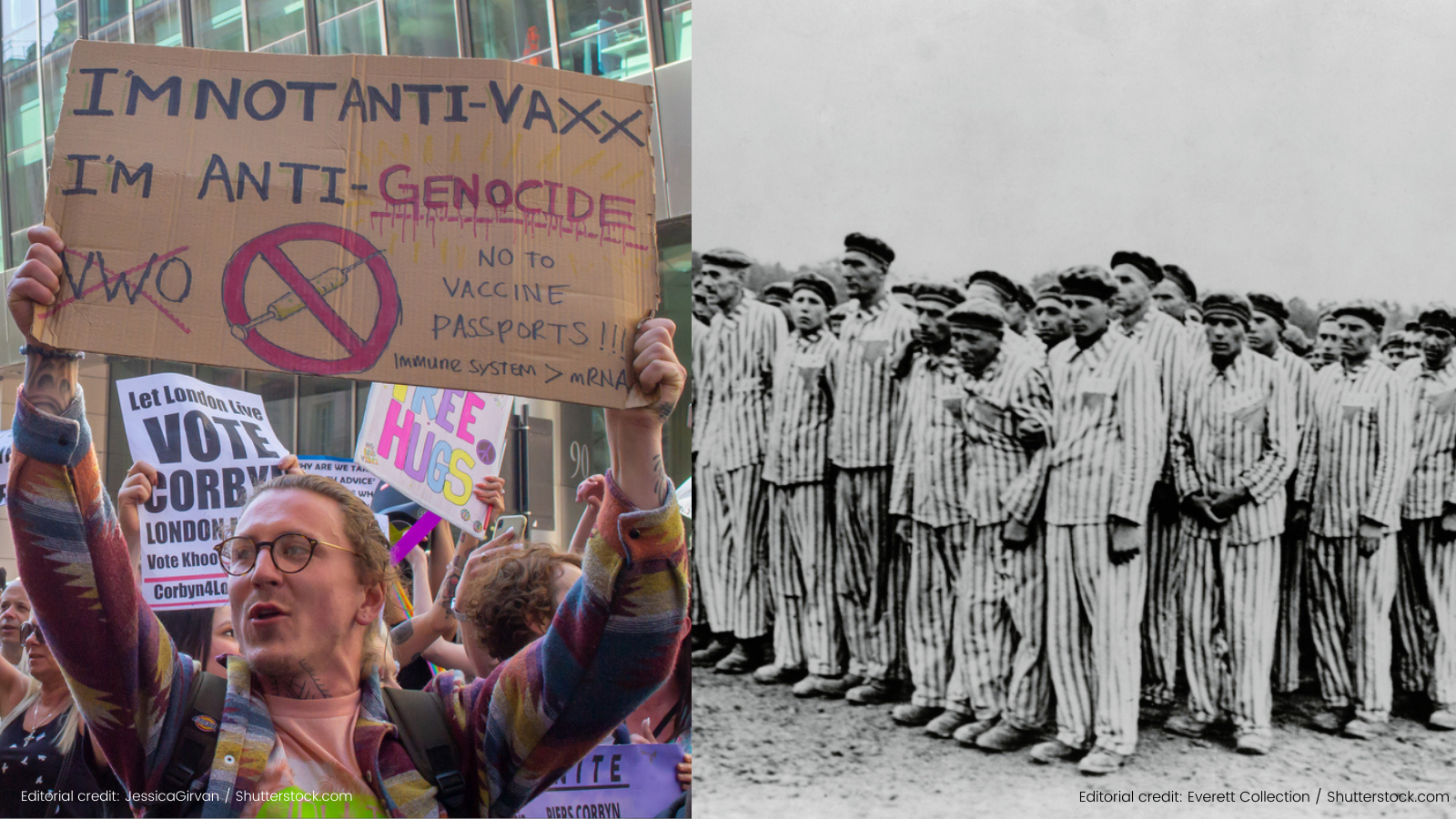
Holocaust memorial day: Pushing back against attempts by vaccine opponents to relativise the Holocaust
International Holocaust Remembrance Day is a good time to point out once again why comparing events surrounding the current coronavirus pandemic with the Holocaust or Nazi Germany is a poor idea. It’s necessary, too, given how many Covid deniers and vaccine opponents in Germany and Europe are willing to do just that.
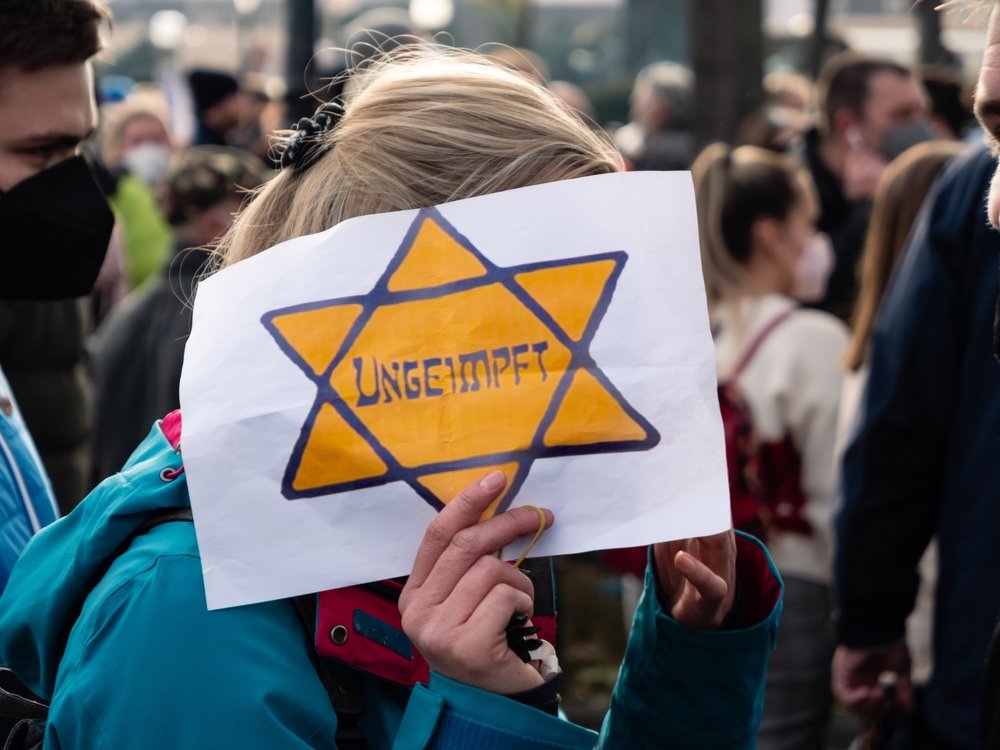
Vaxxed with Insecurity: The Dangers of Holocaust Distortion
It has been seventy-eight years after the Holocaust, and while some of the survivors are still with us to tell their stories, more and newer forms of Holocaust denial and distortion appear globally. Although Holocaust denial is not a new phenomenon, what is called Holocaust distortion is on the rise.
